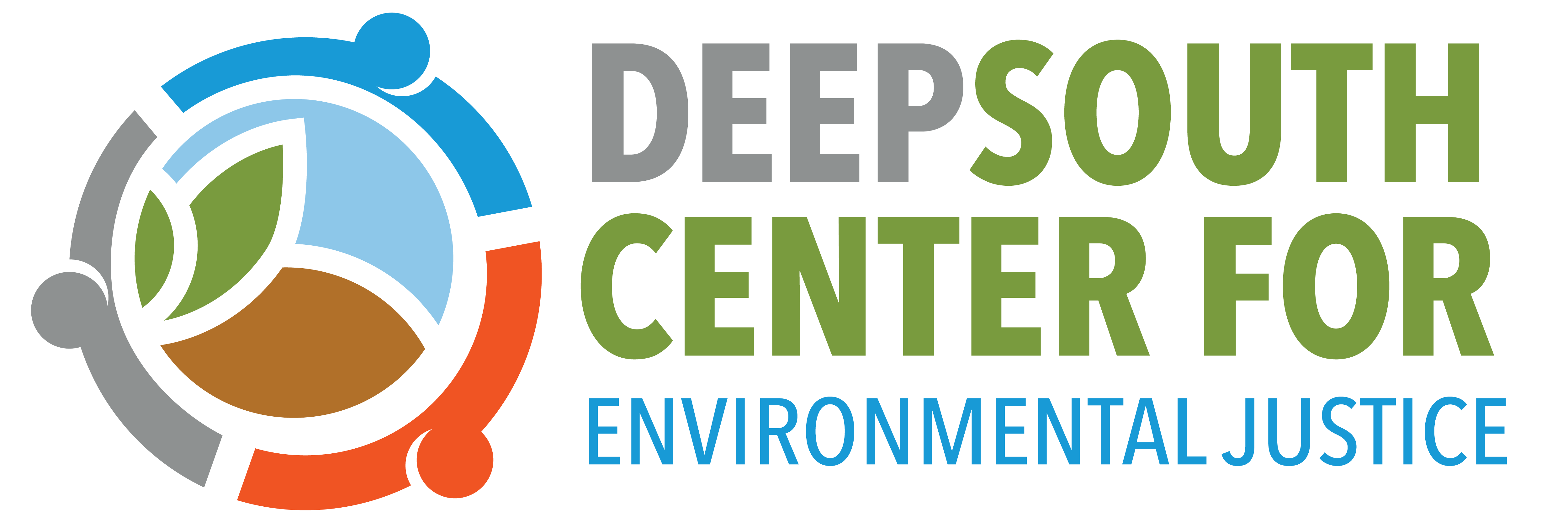The Environmental Career Worker Training Program focuses on delivering comprehensive training to increase the number of disadvantaged and underrepresented minority workers in areas such as environmental remediation/restoration, construction, hazardous materials/waste handling and emergency response.
2024 12 Week Training Schedule:
Training: January 8 – March 28, 2024
Orientation: January 8 – 12, 2024
Training Begins: January 16, 2024
Training Ends: March 28, 2024
Graduation Date: April 3, 2024 (tentative)
Basic Skills
The Basic Skills instruction provides trainees with the personal and interpersonal skills required to deal with the challenges of everyday life and to obtain and sustain employment. The ECWTP six-week basic skills training utilizes a work-based learning curriculum. Classes include study skills, mathematics, an introduction to hazardous materials, computer basics, life skills, job readiness, and physical fitness. There is also a counseling component that provides students with problem intervention and assistance, in addition to information on a wide range of social services to aid them in achieving their educational and vocational goals.
Technical Training
Technical training can include the following components as required by the granting agency:
40 hour—Construction
40-hour—Weatherization
16-hour—Lead Abatement
32-hour—Asbestos Abatement
40-hour—Hazardous Waste Worker
16-hour—Mold Remediation
10-hour OSHA Construction or General Industry
Participants are fully certified in each technical segment completed satisfactorily and are provided OSHA workplace cards. The staff provides placement and career development assistance and continues to track the performance of both recent and past graduates.
Student training incentives include:
- Weekly Stipend
- Lunch
- Bus Pass (if needed)
- Medical evaluation required for environmental work
- Protective equipment and other work gear
- TWIC Cards available to eligible participants
Participants Must:
- Attend and complete ALL 12 WEEKS of training
- Be fully COVID-19 vaccinated
- Take and pass TABE (Test of Adult Basic Education)
- Have a valid State driver’s license or ID and a social security card
- Be from the New Orleans Metro area
- Be at least 18 years of age
- Be unemployed or underemployed
- Be able to pass a drug test
- Have a high school diploma or GED
- Speak and read English
- Be willing to work upon completion of the program
The Deep South Center for Environmental (DSCEJ) would like to identify, train, and mobilize men and women to participate in hazardous materials clean-up, construction, and disaster recovery locally and across the nation. After receiving certification, participants will be assisted with job placement.
ECWTP FAQs
What is the Environment Career Worker Training Program?
The Deep South Center for Environmental Justice designed the Environmental Career Worker Training Program (ECWTP) to prepare individuals for careers in the environmental and construction sector, as well as promote sustainable practices in our communities. This program is open to individuals who are unemployed and underemployed. Interested individuals meeting the criteria listed below may apply.
Who can apply?
To apply to the ECWTP, an individual must meet the following criteria:
- Be fully COVID-19 vaccinated
- Take and pass the TABE (Test of Adult Basic Education)
- Have a valid State driver’s license or ID and a social security card
- Have a residence in the New Orleans Metro area
- Be at least 18 years of age
- Be unemployed or underemployed
- Be able to pass a drug test
- Speak, read, and comprehend English
- Make a commitment to attend and participate in the 12-week training program
- Be willing to work upon completion of the program
How can I apply to be an ECWTP trainee?
To apply, complete the online application. DSCEJ will review all applications and make a selection of applicants to accept in the ECWTP.For more information contact Jeremy Davis, ECWTP Program Manager, at jeremyd@dscej.org.
What are the program’s goals?
ECWTP aims to provide trainees with quality training, certifications, and job placement support, ultimately leading to sustainable and rewarding careers in the environmental and construction sector.
What types of environmental careers can I pursue through ECWTP?
The program offers training and certifications in various environmental areas including hazardous materials clean-up, construction, disaster recovery and response, asbestos, lead, and mold remediation, energy efficiency, and more. We can also help you to explore your career interests.
What are the program benefits?
ECWTP supports the growth of the environmental and construction sector and promotes sustainable practices in our communities. DSCEJ is dedicated to making a positive impact on both the environment and the local workforce.
Other benefits of ECWTP include:
- Industry-recognized certifications
- Support in job placement
- Support with wrap-around services
- Networking opportunities
How long does the program last?
The duration of ECWTP is 12 weeks.
Weeks 1-6: Basic Skills Training
Study Skills, Mathematics, Introduction to Hazardous Materials, Computer Basics, Life Skills, Job Readiness, and Physical Fitness
Weeks 7-12: Technical Training
Construction, Weatherization, Lead Abatement, Asbestos Abatement, Hazardous Waste Worker, Mold Remediation, and OSHA Construction or General Industry.
Is there financial assistance available for program trainees?
ECWTP trainees will be provided a stipend to support their participation in the 12-week program and offset the cost of transportation.
What is the success rate of ECWTP graduates in finding jobs in their field?
DSCEJ maintains an 88-90% job placement rate that secures meaningful employment in the environmental and construction sector for ECWTP trainees. DSCEJ offers a strong network of employers and provides job placement support.
How can I get more information?
Contact Jeremy Davis, ECWTP Program Manager
504-272-0956
jeremyd@dscej.org
Funded by:

